As the Jane Collective grew in popularity, it faced backlash. During a time where abortion was highly illegal, the Jane Collective emerged as a radical reform group that challenged social norms.
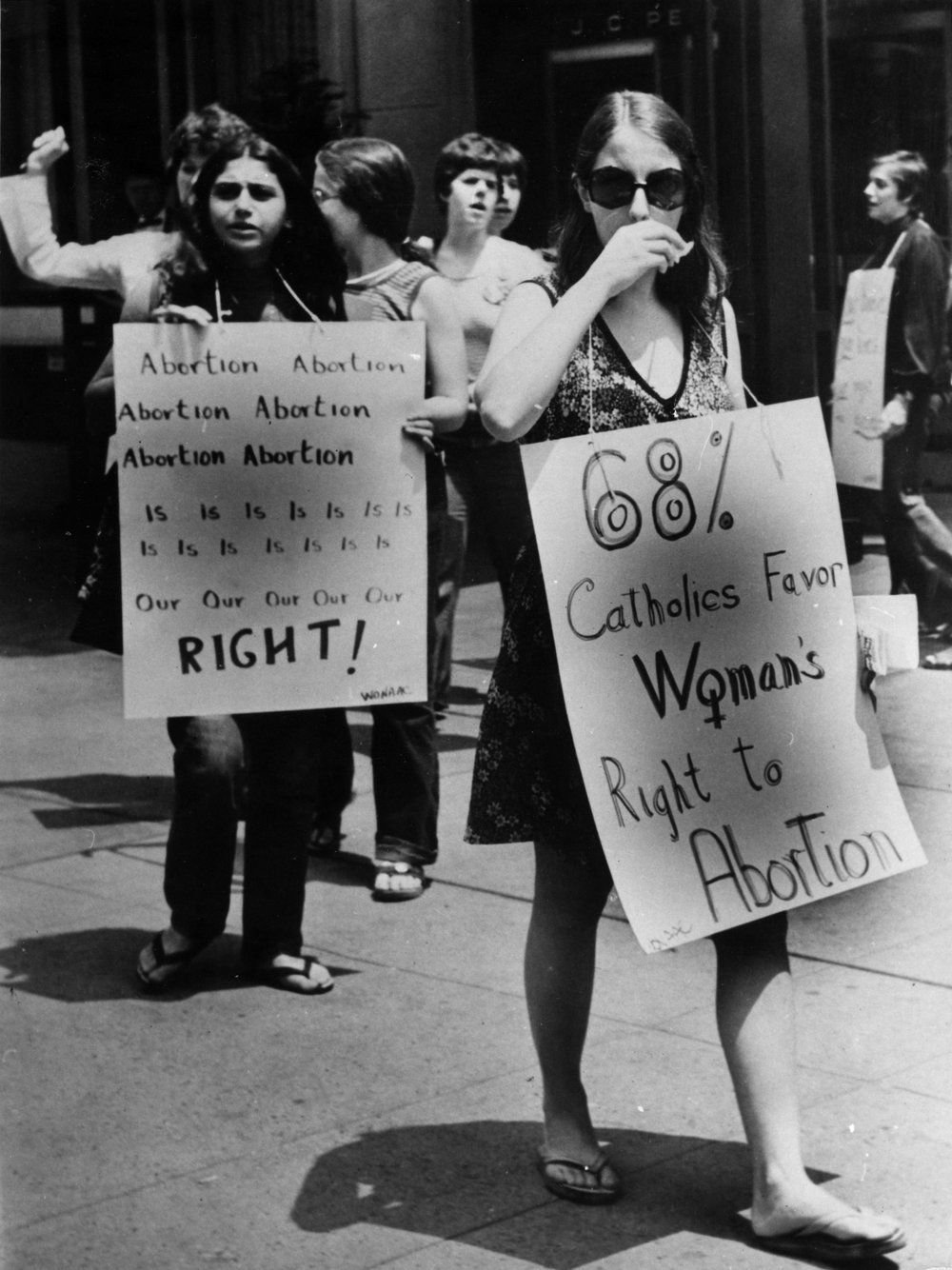
Often times religion would be brought in to a person's view on abortion. The Catholic church specifically made it a priority to keep abortion illegal.
"Abortion is murder. The killing of an innocent human being is wrong, even if that human being has yet to be born. Unborn babies are considered human beings by the US government. The federal Unborn Victims of Violence Act, which was enacted 'to protect unborn children from assault and murder," states that under federal law, anybody intentionally killing or attempting to kill an unborn child should "be punished... for intentionally killing or attempting to kill a human being.'"
-Gpo.gov (2004)
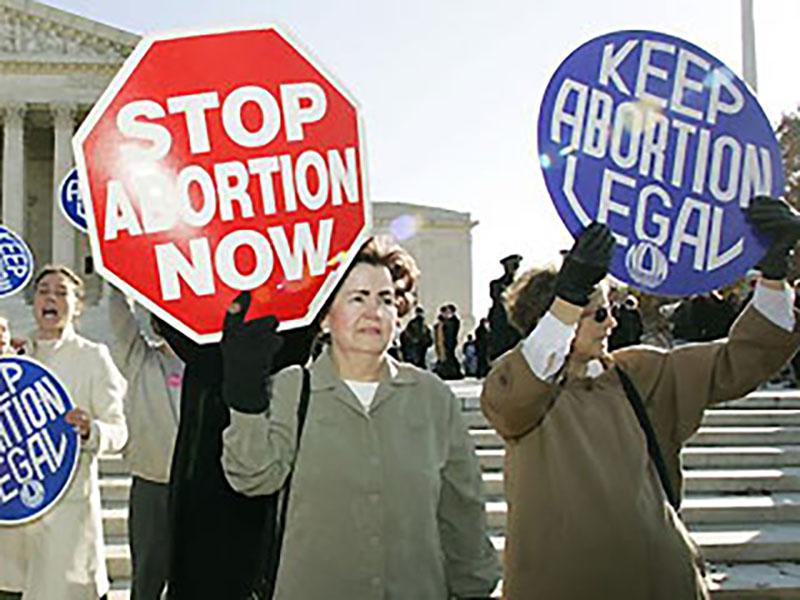
Those who opposed "Jane" supported the pro life argument, and believed abortion to be unethical, as it would often clash with religious beliefs. They believed that a life begins at conception, and to terminate a pregnancy is depriving a child from a potential opportunity at living a full existence. In essence, abortion was equated to murder.
Pictured to the left: Outside of the Supreme Court, the division between abortion policy is very apparent.
I don’t think you can underplay the sense of personal power that the members of Jane felt. We were doing something so radical, breaking so many taboos, and changing women’s lives as a result.
-Laura Kaplan (Member of “Jane”)
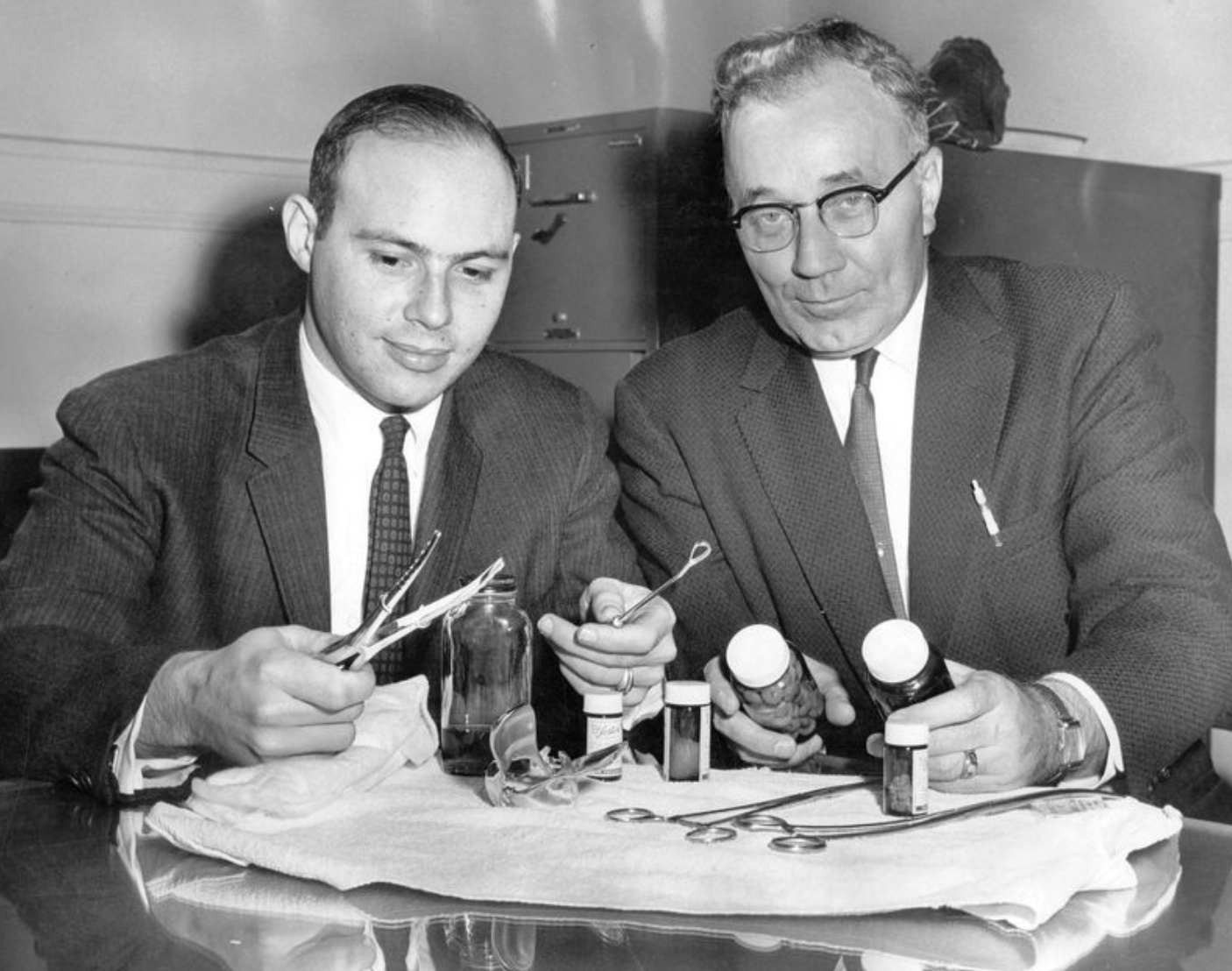
Two men hold confiscated instruments used for illegal abortions.
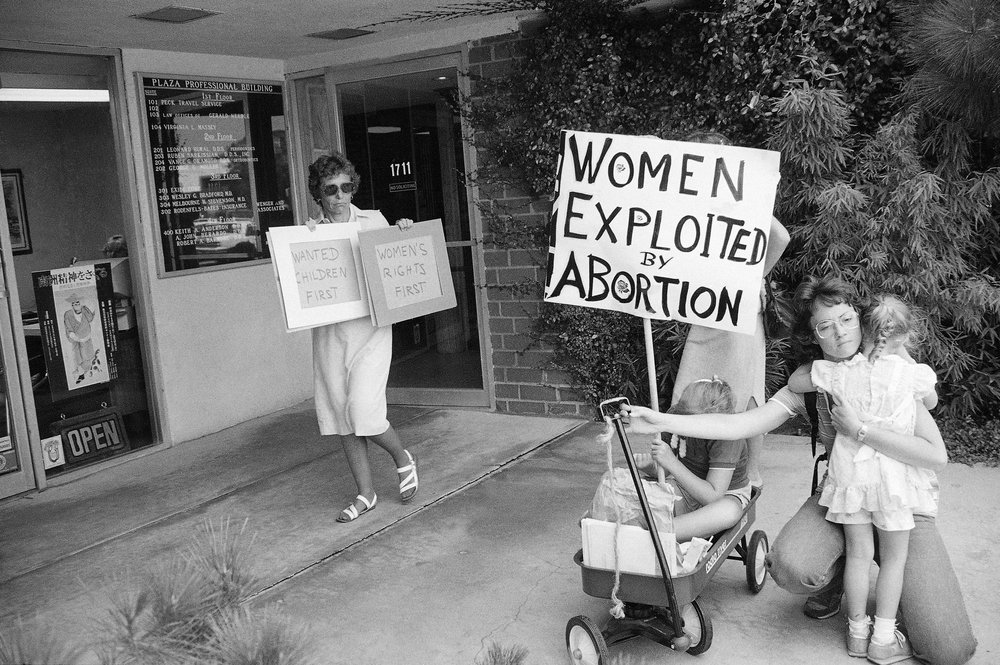
Anti abortion display outside of clinic.
THE ABORTION SEVEN
The most famous act of outward opposition occurred in 1972, where two Catholic women reported their sister-in-law for having an abortion, viewing it as a sin. Seven women who worked for “Jane” were arrested and charged with eleven counts of abortion, along with conspiracy. Prior to the event, the Chicago Police Department was said to “turn a blind eye” to the acts of the organization, as it was rumored that unwanted pregnancies often occurred in their own families.
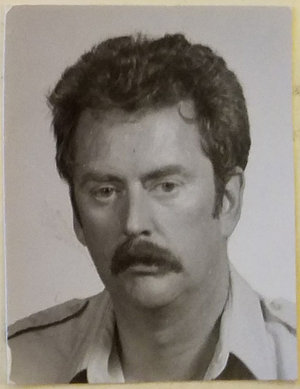
Ted O'Conner, the homicide officer who arrested the "Abortion Seven," after being sent to investigate "Jane" in 1972. Retrieved from NPR.
Immediately upon arrest, the “Abortion Seven,” swallowed the names of their patients, as protecting their privacy was incredibly valuable to the women. By the time their trial was over Roe vs. Wade had been passed, and the women were let off; however their case proves to be an example of their work being viewed as “sinful by the general public.”
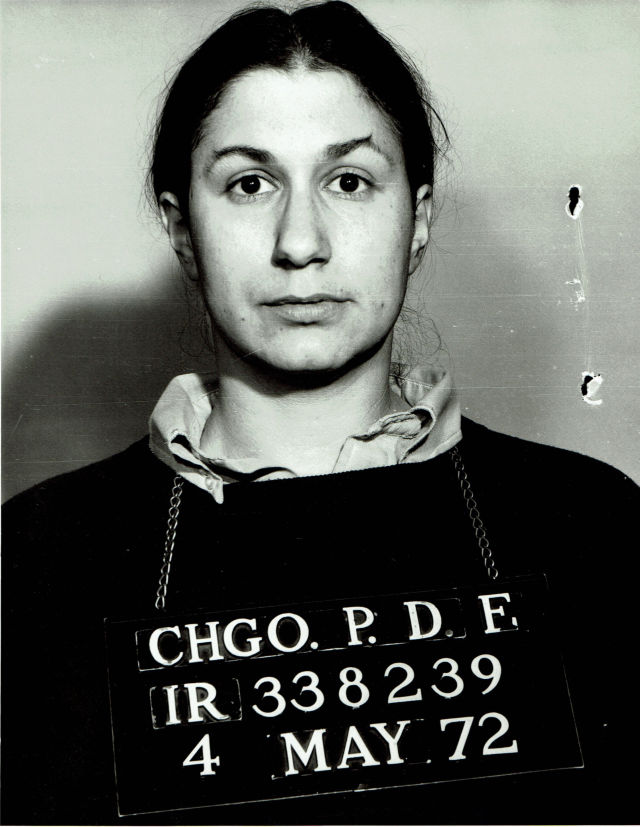
Judith Arcana, one of the members of the "Abortion Seven," arrested in 1972.
"Of course, it was shocking to get busted. We knew that for the most part, the Chicago police were not antipathetic to our work. We knew that the cops in our own neighborhoods, the places where we generally worked, knew all about us."
-Judith Arcana
"All seven of us were charged with counts of abortion and conspiracy to commit abortion. Each count was worth 10 years. I think that was the moment in my life that I realized that actions have consequences."
-Member of the Abortion Seven